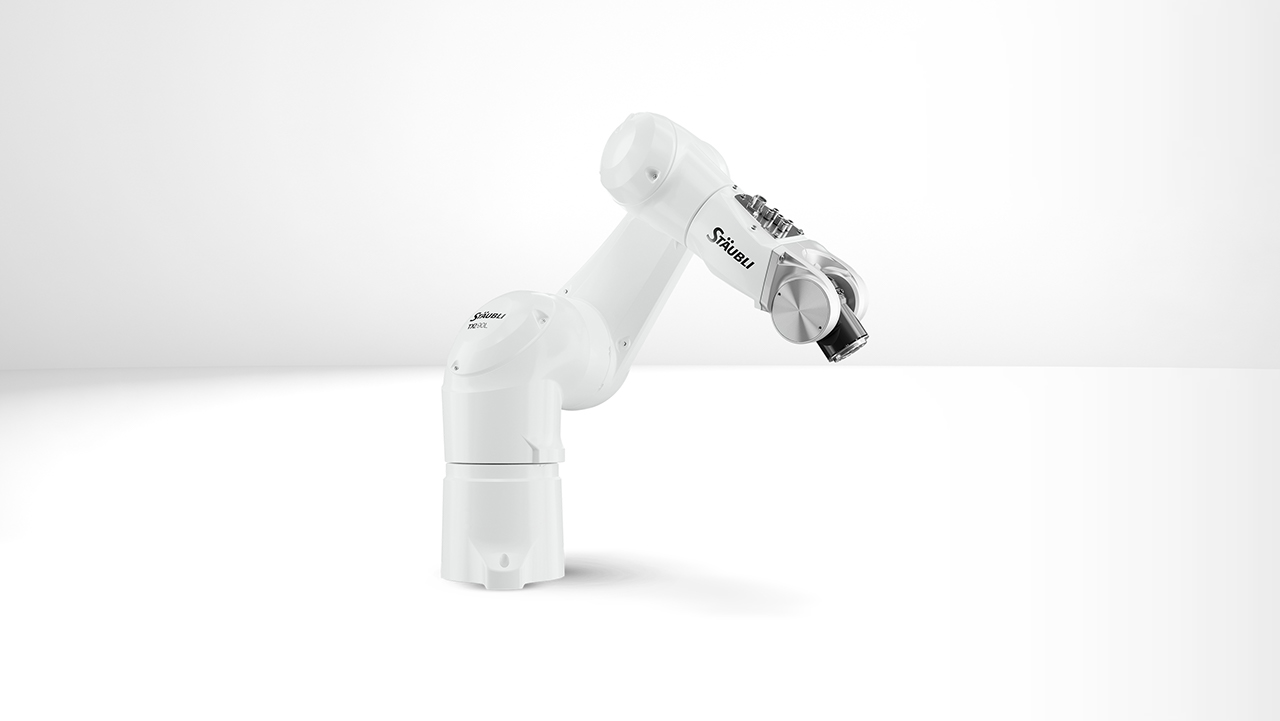SUCCESS STORY
Growing demand requires faster production processes
As the coronavirus pandemic continues to rage, the need for vaccines is rising again worldwide. To keep up with demand, Schott Poonawalla has fully automated the inspection and packing of prefilled syringes at its Umarsadi facility using Stäubli robots.
CUSTOMER BENEFITS
- Consistent production, day to day and lot to lot
- High production flexibility
- Ensured product quality thanks to holistic quality control
TASK
Increased output for inspection and packing of prefilled syringes
After the COVID crisis, demand for glass pharmaceutical primary packaging rose dramatically, creating an urgent need for faster production processes – including faster inspection and packaging without negative impacts on quality.
Schott Poonawalla has been delivering pharmaceutical glass for primary packaging of billions of COVID-19 vaccines since they were introduced to fight the pandemic. In order to keep ahead of an expected boom in demand, the company introduced a fully automated GMP-compliant process for inspection and packaging in the hygienic area of its facility in Umarsadi, and decided to operate the facility as fully automated.
SOLUTION
Stäubli robots cut inspection and packing times in half
Thanks to full automation, inspection and packing speeds have doubled. Manual production at the facility equated to a speed of one tray per minute. Stäubli robots manage two trays per minute. Three Stäubli robots, a four-axis TS2-60 SCARA and two six-axis robots, the TX2-60 and TX2-90L, are used to prefill syringes, vials and ampoules. At the same time, the Stäubli Robotics Suite reduces programming and optimization times in off-line operation.
First, the SCARA takes the finished syringes from a conveyor belt and straightens them. In the following step, the six-axis robots arrange the syringes into a nest. The nest is inspected and, if approved, put into a tub. Inner and outer Tyvek film is placed on the tub and heat-sealed by the robots. The well-packed tub is then sent for final packaging.
CUSTOMER USAGE
Stäubli robots increase patient safety and output
Because of their encapsulated housing and hygienic design, the robots can be cleaned with the same IPA disinfectant as the rest of the equipment in the cell. This represents a significant benefit in terms of disinfection time and cost.
In addition, the robots provide clean, consistent performance during packing and inspection of the prefilled syringes, ensuring a constant high level of quality. From day to day and lot to lot, Stäubli robots guarantee production with a reliable process, and work quickly and hygienically. Robot-based production also gives the company the flexibility to produce new variants.
In total, the robots provide clean and constant performance during packing and inspection of prefilled syringes, as well as increased quality and an accelerated process. With this quality assurance method and fully automated inspection system, Schott once again sets the benchmark in compliance with international standards.
